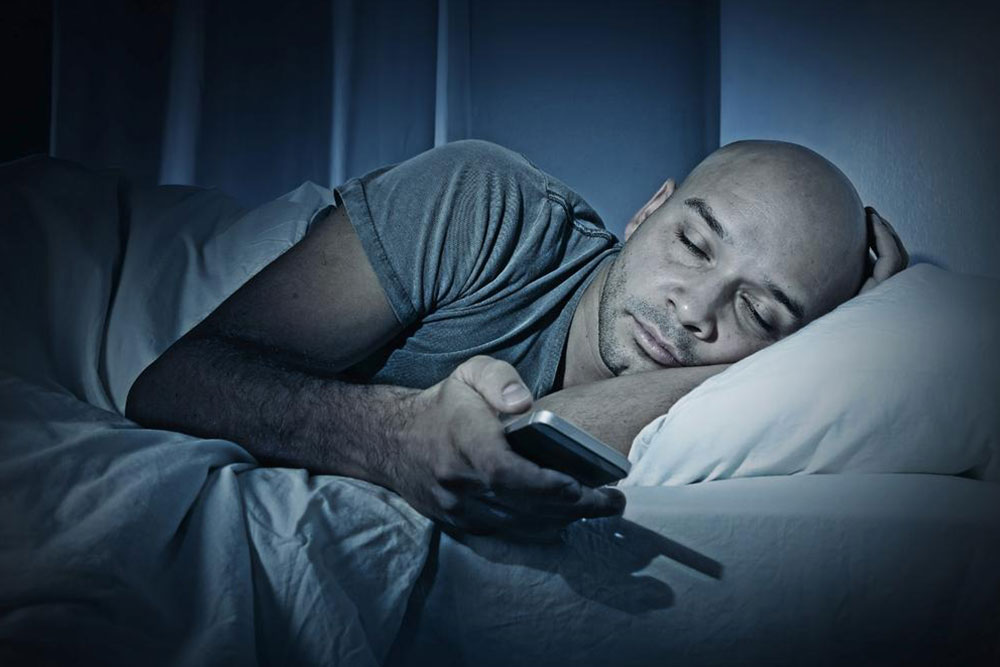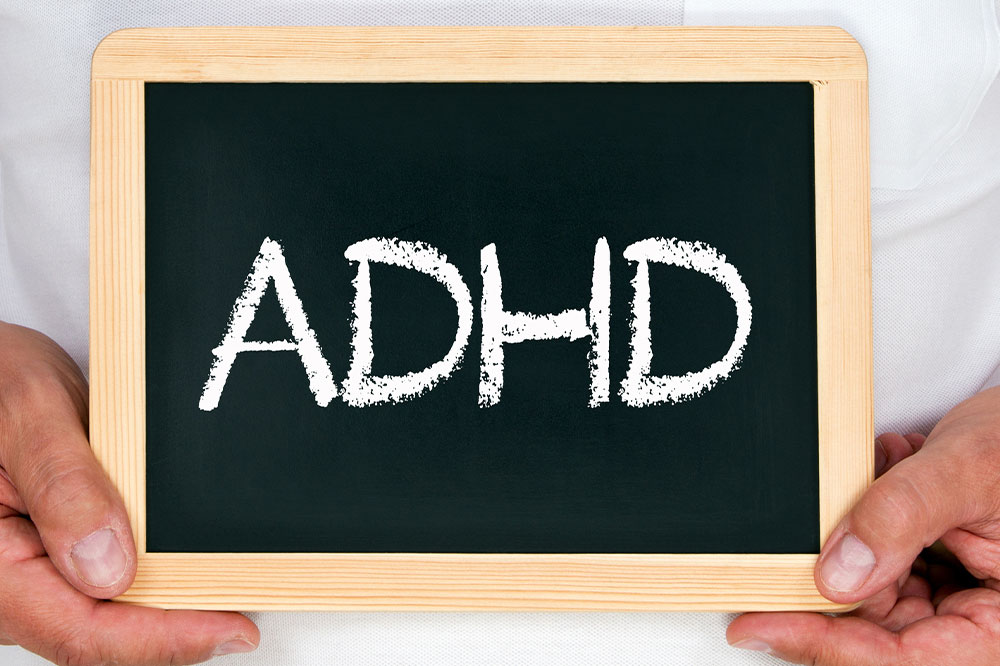Effective Strategies to Overcome Smartphone Addiction and Reclaim Your Life
Discover practical and effective strategies to overcome smartphone dependency. Learn how to set boundaries, limit usage, and cultivate healthier digital habits to improve mental health, productivity, and social relationships. This comprehensive guide provides actionable tips for achieving a balanced, fulfilling lifestyle in today's tech-driven world.

Effective Strategies to Overcome Smartphone Addiction and Reclaim Your Life
In an era dominated by rapid technological advancement, smartphones have become essential companions that influence nearly every aspect of our daily lives. They offer remarkable convenience by providing instant access to information, communication, entertainment, and numerous productivity tools. However, this omnipresence can lead to overdependence, which poses significant challenges to our mental health, social relationships, and overall well-being. As smartphones increasingly become a source of distraction and stress, it's crucial to develop effective strategies to regain control and foster healthier habits that support a balanced lifestyle.
Overuse of smartphones can lead to reduced productivity, impaired social skills, and even mental health issues like anxiety and depression. Recognizing the signs of dependency is the first step toward making positive changes. Common symptoms include compulsive checking behaviors, feeling anxious when separated from the device, and neglecting offline relationships and responsibilities. Fortunately, practical and gradual adjustments can help curb these tendencies and foster a healthier connection with technology.
Practical Tips to Reduce Smartphone Overuse
Implementing specific habits can significantly diminish your smartphone dependency. Here are some effective methods:
Regulate Notifications: Turn off non-essential alerts to prevent constant interruptions. Only enable notifications from vital apps such as messaging, emails, or work-related tools. This reduces the frequency of urges to check your device and minimizes distractions.
Designate Smartphone-Free Periods: Establish specific times during the day when you refrain from using your phone, like during meals, family gatherings, or before bedtime. Creating boundaries encourages meaningful conversations and helps you stay present in the moment.
Strategies to Limit Social Media Usage
Social media apps are among the biggest culprits of smartphone dependency. To combat this:
Remove unnecessary social media apps from your device. Keep only those essential for your communication needs. Uninstall or hide apps that are rarely used to lessen temptation.
Utilize applications such as Rescue Time, AppDetox, or StayFree to set daily usage limits. Customizable app timers can help you monitor and restrict your social media engagement, encouraging you to spend more time offline.
The Importance of Digital Fasting & Bedtime Detox
One of the most effective ways to break smartphone dependence is to disconnect entirely during certain periods, especially at night. Turning off your phone or activating airplane mode before sleep can significantly improve your sleep quality and mental health. A digital detox creates necessary space for relaxation, reflection, and mental rejuvenation. Consider establishing a 'phone-free' zone in your bedroom to foster better sleep hygiene and reduce exposure to blue light emitted from screens, which can interfere with melatonin production.
Building a Healthy Relationship with Technology
Smartphones should serve as tools to enhance our lives, not sources of stress or distraction. To develop a balanced relationship, set clear goals for how and when to use your devices. Practice mindfulness by being aware of your usage patterns and the emotional triggers that lead to excessive screen time. Seek offline experiences that foster genuine social connections, such as outdoor activities, hobbies, and face-to-face conversations. Investing time in personal development and wellness can also reduce reliance on digital devices for entertainment or validation.
Additional Tips for a Balanced Digital Life
Incorporate habits like scheduled digital breaks, regular physical activity, and mindfulness practices into your daily routine. Staying active helps combat the sedentary nature of device use, and mindfulness can improve self-control over impulsive behaviors. Regularly evaluating your digital habits ensures you stay aligned with your health and wellness goals. Remember, moderation is key—smartphone use should augment your life rather than diminish the quality of your social interactions and mental health.
By adopting these comprehensive methods, you can break free from overwhelming dependence on smartphones, leading to a more engaged, productive, and fulfilling life. Remember that change takes time, patience, and consistency. Start with small adjustments and gradually build a routine that nurtures your mental and emotional well-being. In today's hyper-connected world, maintaining a healthy balance between digital life and real-world experiences is essential for overall happiness and health. Reclaim your time, reconnect with your surroundings, and enjoy the myriad benefits of a healthier relationship with technology.





